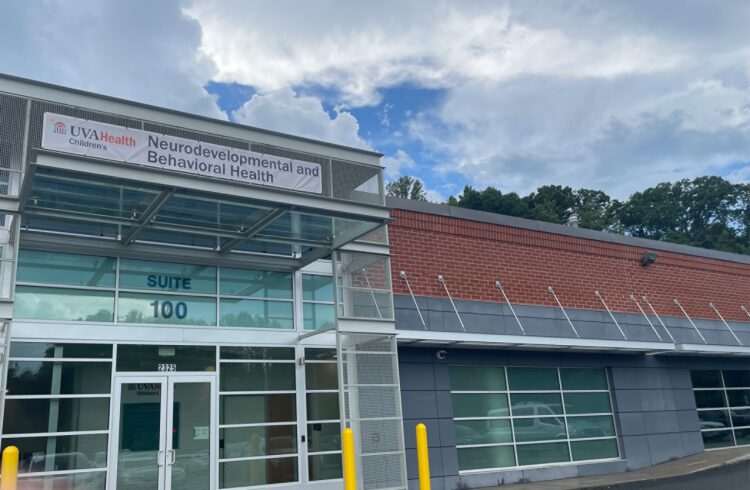
J. Javier Provencio, MD, director of UVA Health’s Nerancy Neuroscience Intensive Care Unit, is the lead author of the new coma plan.
Leading coma experts have created an ambitious plan to help doctors better care for comatose patients and answer that most awful question: “Will my loved one wake up?”
The three-part plan outlines key steps physicians and researchers should take in the coming years to improve patient care and deepen our understanding of coma and other conditions that reduce consciousness. The plan was developed by a blue-ribbon scientific advisory council as part of the Neurocritical Care Society’s Curing Coma Campaign, a major effort launched in 2019.
“We now have the tools to understand comatose patients in a way we haven’t in the past. This opens the door to ask the question, ‘Can we improve consciousness in patients in a coma?’” said advisory council member and lead author J. Javier Provencio, MD, director of UVA Health’s Nerancy Neuroscience Intensive Care Unit. “This research endeavor aims to help patients and families dealing with the consequences of brain damage gain clarity about the current chances for improvement and maintain hope that, in the future, there will be treatments to help recover consciousness.”
The Plan’s Three Pillars
The plan’s first recommendation is to better classify and understand different types of coma and their causes. Current treatments are limited in part because it is difficult for physicians to distinguish between different underlying mechanisms of impaired consciousness, the researchers say. This makes it challenging to predict whether patients will recover.
To improve this, they suggest several different classifications. For example, coma without underlying physical damage, such as those caused by drug overdoses or seizures, are often reversible using available treatments. Those must be treated differently than coma with causes such as brain injuries. Another category is particularly tricky – coma with hidden physical causes. Better categorization of common coma “endotypes” will help physicians with their diagnoses and treatment decisions, the council says.
The council also urges the development of better indicators of patient prognosis. These indicators, known as biomarkers, already play important roles in guiding treatment. But more sophisticated ones are needed to understand the complex interactions occurring inside the brain. This will help doctors guide patients to better outcomes and advise families on how well their loved one will recover.
Finally, the council urges clinical trials of new therapies to promote recovery of consciousness for intensive-care patients who are in comas or suffering from other forms of reduced consciousness.
“We envision that a principled, mechanistic approach to predicting and measuring responses to new therapies in the ICU could allow clinicians to provide targeted treatments that are personalized to each patient, ensuring that each patient is given the best possible chance to recover consciousness in the ICU and beyond,” the council members write in a new paper outlining their recommendations.
“Coma is the most severe manifestation of brain injury,” Provencio said. “With this initiative, we hope to be able to treat patients in a coma the way we treat patients with strokes and heart attacks. In the future, having impaired consciousness from brain injury won’t be the lifelong medical condition it is now.”
About the Coma Plan
The advisory council has published its recommendations in the scientific journal Neurocritical Care. The council consisted of Provencio, J. Claude Hemphill, Jan Claassen, Brian L. Edlow, Raimund Helbok, Paul M. Vespa, Michael N. Diringer, Len Polizzotto, Lori Shutter, Jose I. Suarez, Robert D. Stevens, Daniel F. Hanley, Yama Akbari, Thomas P. Bleck, Melanie Boly, Brandon Foreman, Joseph T. Giacino, Jed A. Hartings, Theresa Human, Daniel Kondziella, Geoffrey S.F. Ling, Stephan A. Mayer, Molly McNett, David K. Menon, Geert Meyfroidt, Martin M. Monti, Soojin Park, Nader Pouratian, Louis Puybasset, Benjamin Rohaut, Eric S. Rosenthal, Nicholas D. Schiff, Tarek Sharshar, Amy Wagner, John Whyte and DaiWai M. Olson writing on behalf of the Neurocritical Care Society Curing Coma Campaign.
Provencio disclosed that he has received grants and personal fees from Minnetronix Inc., a medical technology company. A full list of the other authors’ disclosures is included in the paper.
To keep up with the latest medical research news from UVA, subscribe to the Making of Medicine blog.



